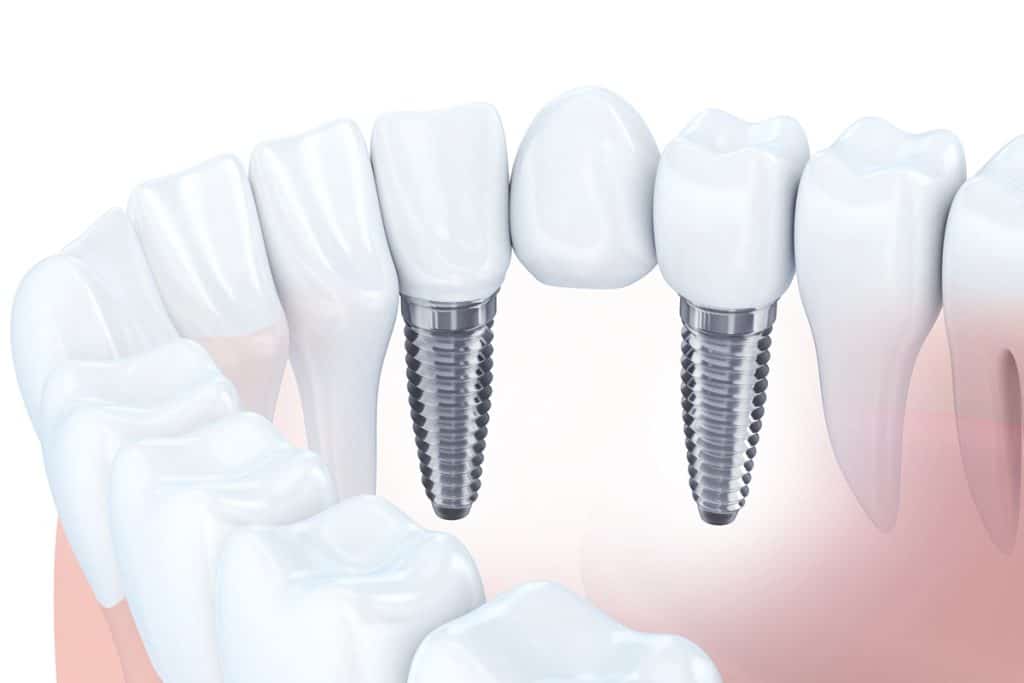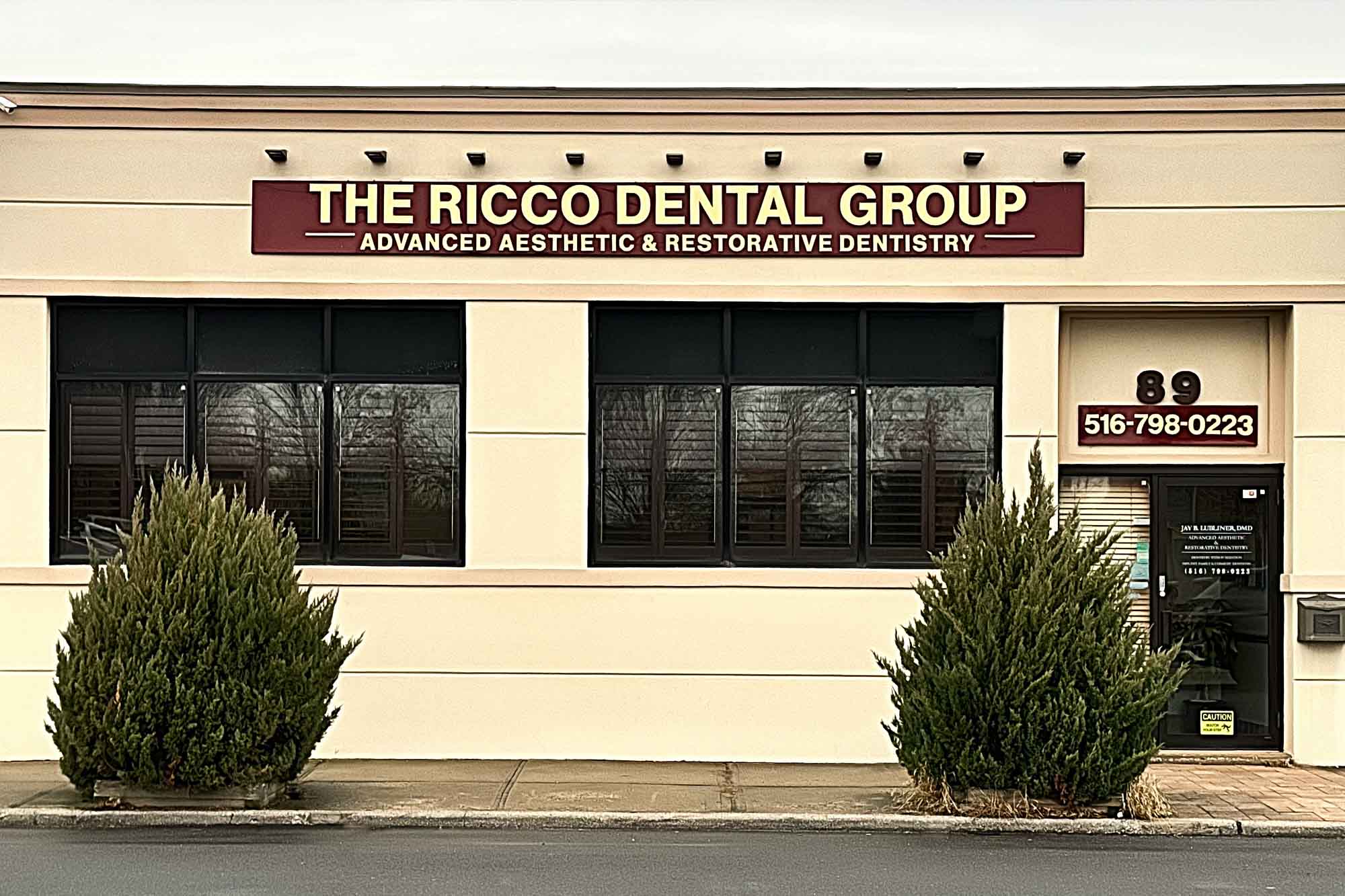How Long Do Dental Bridges Last?

Dental bridges generally last for 10 to 15 years. However, with excellent care, they could last for decades. These restorative appliances can replace three to four teeth at a time, preserving tooth alignment and oral health.
About Dental Bridges
A dental bridge is a sturdy structure that holds artificial teeth, also known as pontics. The pontics sit in the gap between teeth, creating a bright and natural-looking smile.
Types of Dental Bridges
Crown-Supported Bridge
A traditional bridge connects two dental crowns, one on either side of the gap in the patient's teeth.
Cantilever Bridge
A crown or implant supports a cantilever bridge on only one side. These bridges put more force on the supporting tooth.
Implant-Supported Bridge
This type of bridge connects to sturdy dental implants. It puts no stress on surrounding healthy teeth and lasts significantly longer than a crown-supported bridge.
Maryland Bridge
A Maryland bridge does not connect to crowns or implants. It has metal "wings" that support the pontics. This type of bridge puts more strain on the healthy teeth adjacent to the gap.
Advantages of Dental Bridges
Restore Your Healthy Smile
Most patients who want a dental bridge do so because they feel uneasy about having a gap between their teeth. Dental bridges provide an excellent aesthetic replacement for missing teeth.
Improve Speech
Missing teeth may cause difficulty forming certain sounds. If you are missing multiple teeth, it may be challenging for others to understand your speech. A bridge lets you talk normally.
Improve Chewing Function
With a dental bridge, you can chew food naturally. You may need to avoid chewing certain types of food, such as hard candies and nuts, on the same side of your mouth as your bridge.
Prevent Teeth from Drifting
You may have noticed your other teeth shifting into new positions if you have missing teeth. If your teeth move too much, they could become loose.
Placing a Dental Bridge
Getting a dental bridge is easier than you may think. The first step is consulting an expert restorative dentist to assess your smile and help you determine what you want.
The dentist performs a complete examination and takes digital X-rays to understand your oral anatomy.
At your next appointment, the dentist shapes the abutment teeth to prepare them for crowns.
The dentist will take digital or physical impressions of your newly prepared teeth and use these impressions to design your final bridge. Your dentist will provide a temporary bridge to protect the prepared teeth.
After the bridge returns from the lab, your dentist will call you to schedule a fitting. The dentist will take out your temporary bridge and clean around it if necessary. Then, they will cement the new bridge and ensure it fits.
Follow-Up Appointments
Please keep all your follow-up appointments after receiving your bridge. Your dentist must check the fit and the health of the surrounding teeth. They can also answer all your questions about caring for your new bridge.
Cleaning Your New Bridge
To clean your bridge, use a soft toothbrush and non-abrasive fluoride toothpaste. Floss underneath it with a water flosser, floss threader, or interproximal brush. The floss threader and interproximal brush are available at your local pharmacy.
If food becomes lodged under your bridge and you cannot get it out, call your dentist for help.
Frequently Asked Questions About Dental Bridges
Who is a good candidate for a dental bridge?
Most patients missing a tooth could benefit from a bridge. The following patients are the best candidates:
- Missing one tooth or a few neighboring teeth
- Healthy teeth on either side of the gap or the ability to receive dental implants to support the bridge
- Good gum health
- Excellent oral hygiene skills
How long does it take to get used to a dental bridge?
Chewing with a bridge can be strange at first. Your gums will need a few days to a few weeks to become accustomed to the new bridge. Eat softer foods at first until you become more comfortable with your bridge.
Contact The Ricco Dental Group
If you have damaged or missing teeth, you may be interested in receiving a dental bridge. A bridge can help preserve your oral health and restore your healthy smile. Contact us at one of our convenient Long Island locations today with questions or to schedule a consultation.




